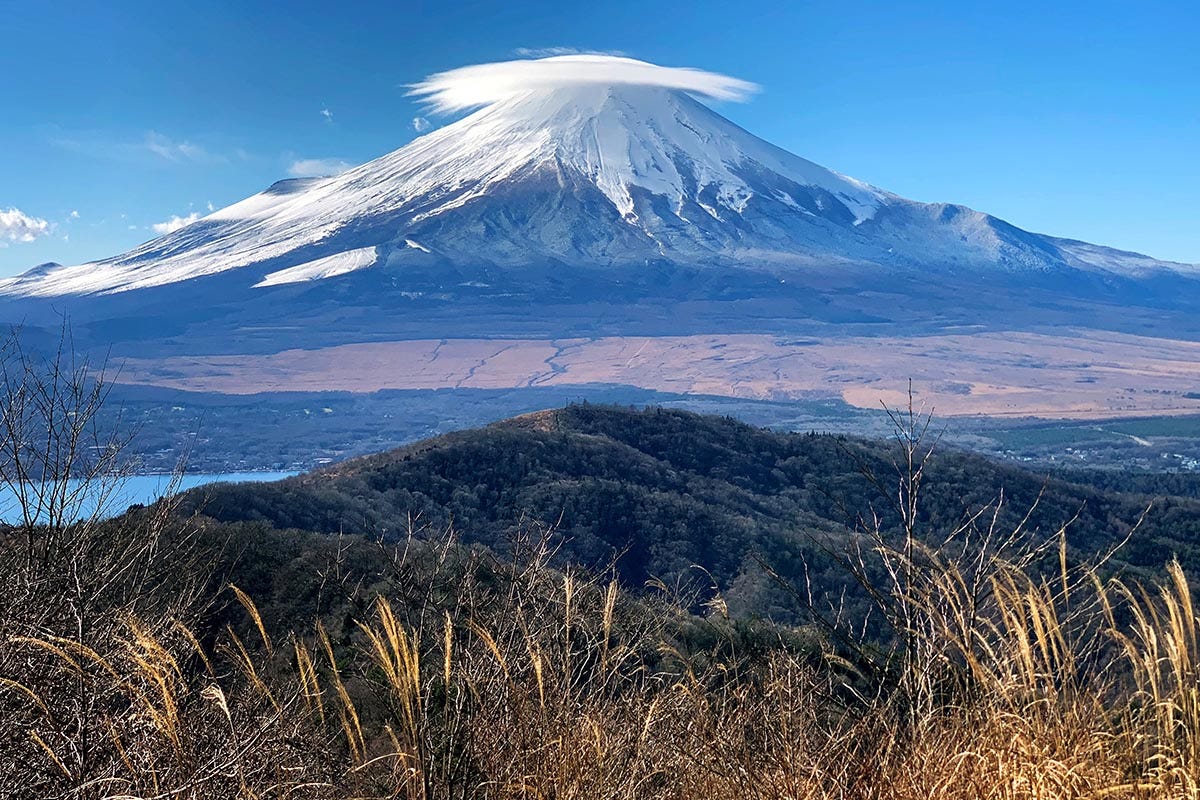
THERE’S NO NEED TO TIP IN JAPAN. HERE’S WHAT ELSE TRAVELERS SHOULD KNOW.
The Land of the Rising Sun has fascinated travelers for centuries, and this summer is no exception.
Tokyo is among the top five international cities Americans are visiting this summer, according to Expedia and Google Flights. And with the exchange rate currently so strongly in Americans’ favor, it’s an especially good time to visit if you can take the hot and humid weather.
Before you book your flight though, there are some things you should know. From cultural customs to customs and immigration, here are 10 things to do when visiting Japan.
Start the day smarter. Get all the news you need in your inbox each morning.
1. Learn basic Japanese
Some people, particularly in Tokyo, may speak English, but it’s best to learn a few basic phrases in Japanese like “hello,” “excuse me,” “where is the restroom?” and “thank you.” There are free tutorials available across social media and language apps like Duolingo or Babbel.
You’ll also want to download a free translation app like Google Translate that can handle both verbal and written translation.
2. Fill out the Visit Japan Web form
U.S. citizens don’t need a visa to visit Japan for stays under 90 days, but you will need to fill out a Visit Japan Web immigration and customs form. Save time by doing this in advance online instead of at the airport when you arrive.
What to know about Tokyo Disney Resort: Why Disney fans will travel all the way to Japan for its theme parks
3. Get a transit card
A prepaid Suica or PASMO transit card isn’t just for public transportation. It can also be used to pay for things at vending machines, convenience stores and some shops.
You can download a digital version through Apple Wallet or get a physical card once you arrive in Japan. Just keep it loaded with as much money as you want to spend.
4. Keep cash on hand
Cash is still king in some places, including food stalls and small shops that may not accept credit cards or digital payments.
You can withdraw cash for low fees and fair exchange rates from ATMs at Japanese convenience stores like 7-Eleven. A Suica or PASMO card can tide you over until you can get to an ATM.
5. Skip the tip
There’s no tipping culture in Japan. In fact, some servers have been known to follow customers out and return tips like they were accidentally left behind. Instead of tipping at restaurants, offer thanks.
Before eating, it’s customary to say “itadakimasu” like a quick prayer to show appreciation for the food and those who grew it. When you leave, you can say “gochisousama deshita” to staff to show gratitude for the meal.
6. Stand aside on escalators
In Tokyo, people stand to the left of escalators and keep the right side open for others walking up or down the moving steps. In Kyoto, like in most U.S. cities, people stand on the right. Don’t worry about trying to remember which side to stand on. It will be immediately clear once you’re there. Just do what everyone else is doing and don’t block foot traffic.
7. Keep the noise down on trains
It’s considered rude to talk on your cell phone or play music or videos out loud on subways and trains. You may hear some small groups of friends chatting, but many commuters keep quietly to themselves.
8. Wear or carry socks
Some places, like temples or restaurants with tatami mats, may require you to remove your shoes. If you’re not wearing socks, you may want to carry a clean pair with you, just in case.
9. Prepare to bare all at onsens
If you’re not comfortable sporting your birthday suit around others, you may want to skip public hot springs. Swimsuits and other garments aren’t allowed in the communal water. Some onsens may also bar tattoos or ask guests to cover them up with a patch. However, there are some tattoo-friendly onsens as well as private onsens available.
Additionally, it’s customary to shower before entering the springs to keep the water clean.
10. You’ll have to wait to open some souvenirs
If you plan to load up on Japanese beauty products, snacks and other consumables to take home, you can buy them tax-free at stores like Don Quixote, but they’ll seal them in a bag indicating they were purchased without paying tax. You can’t open the bag until you leave Japan.
Bonus: Eat all the things, including at convenience stores or vending machines
From egg salad sandwiches to fresh onigiri rice balls, there’s so much good, affordable food in Japan. Don’t miss the delicious and cheap treats at Japanese convenience stores like 7-Eleven, Lawson and Family Mart. The same goes for the wide variety of readily available vending machines selling cold and hot drinks, depending on the season.
This article originally appeared on USA TODAY: There’s no need to tip in Japan. Here’s what else travelers should know.
2024-06-24T09:17:32Z dg43tfdfdgfd